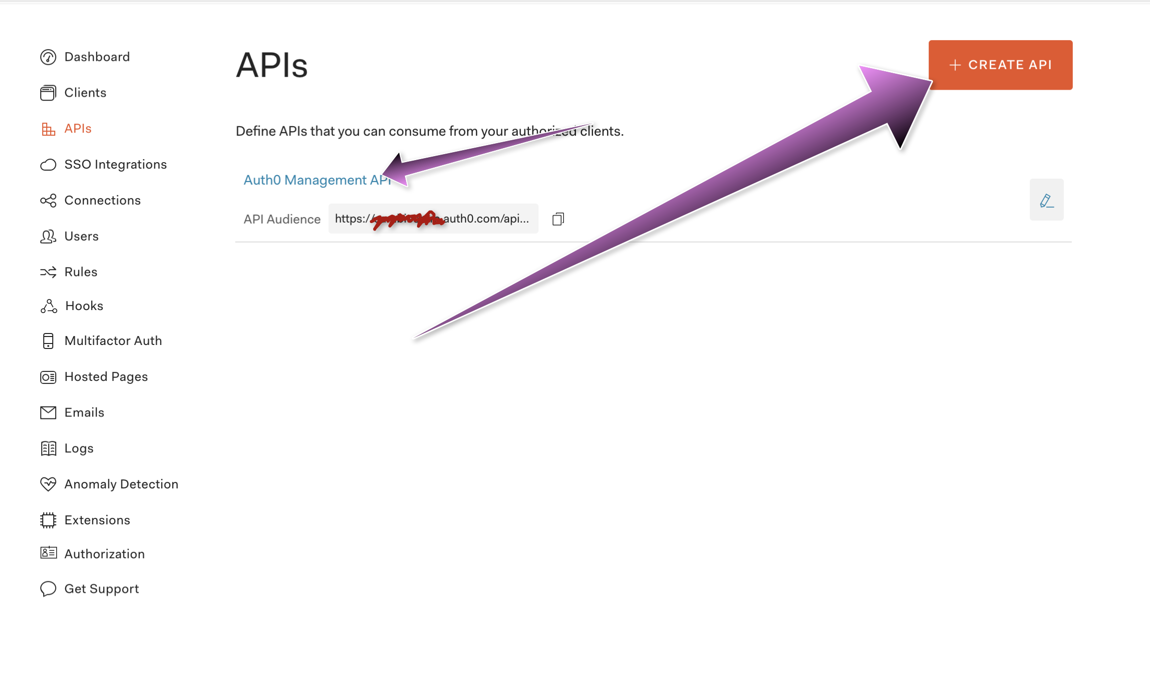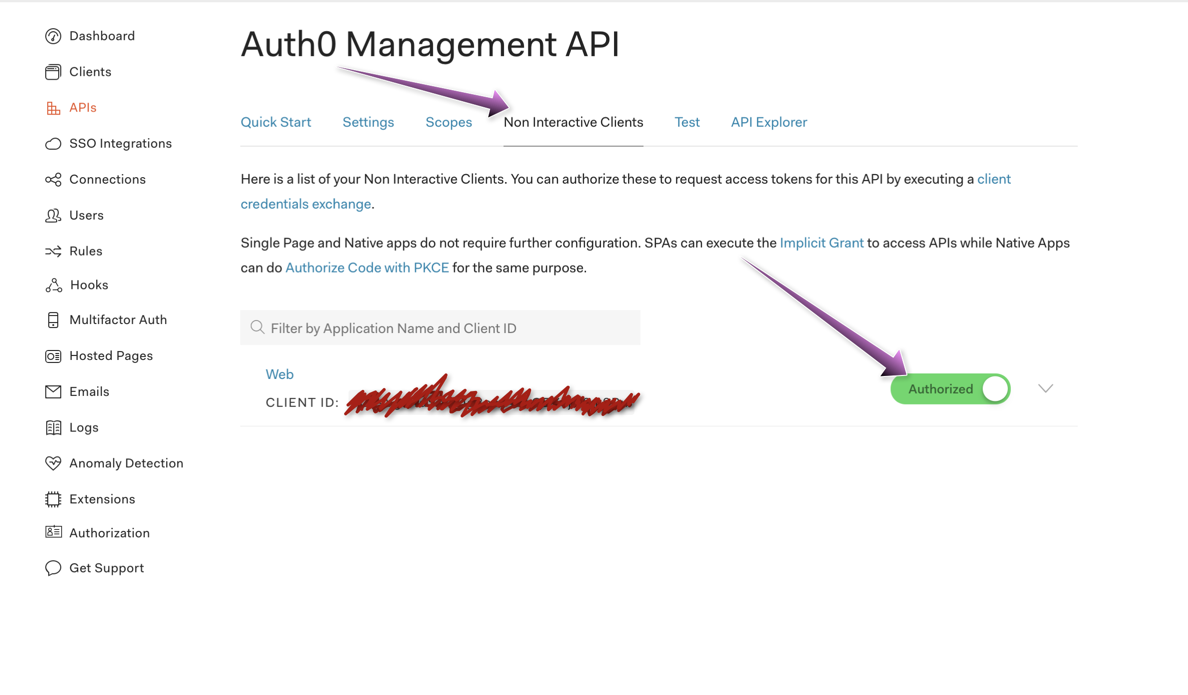-
Notifications
You must be signed in to change notification settings - Fork 137
New issue
Have a question about this project? Sign up for a free GitHub account to open an issue and contact its maintainers and the community.
By clicking “Sign up for GitHub”, you agree to our terms of service and privacy statement. We’ll occasionally send you account related emails.
Already on GitHub? Sign in to your account
Obtain APIv2 Token #86
Comments
|
I'm currently wrapping this client w/ an object that fetches the token for me. This might also be useful for you: require 'uri'
require 'net/http'
require 'auth0'
class Auth0Api
def initialize(options = {})
@client_id = options[:client_id] || ENV['AUTH0_CLIENT_ID']
@client_secret = options[:client_secret] || ENV['AUTH0_CLIENT_SECRET']
@domain = options[:domain] || ENV['AUTH0_DOMAIN']
end
def client
@client ||= new_client
end
def token
@token ||= get_token
end
private
def new_client
Auth0Client.new(
client_id: @client_id,
domain: @domain,
token: token,
api_version: 2,
)
end
def get_token
# TODO: Maybe we should cache this api call?
get_token_data['access_token']
end
def get_token_data
url = URI("https://#{@domain}/oauth/token")
http = Net::HTTP.new(url.host, url.port)
http.use_ssl = true
http.verify_mode = OpenSSL::SSL::VERIFY_NONE
request = Net::HTTP::Post.new(url)
request['content-type'] = 'application/json'
request.body = JSON.dump({
grant_type: 'client_credentials',
client_id: @client_id,
client_secret: @client_secret,
audience: "https://#{@domain}/api/v2/",
})
response = http.request(request)
check_http_response!(response)
data = JSON.parse(response.read_body)
data
end
def check_http_response!(response)
unless response.kind_of? Net::HTTPSuccess
puts response.read_body
response.error!
end
end
endYou also need to register an API, set the audience, and authorize you client, or you will receive an error like so:
I just had to register an API and auhtorize my client. |
|
Is there a logical reason why the code for getting the token is not part of this library. It seems rather silly to have to express a Net::HTTP post request directly for this. |
|
@herenow your code has the |
|
@chrisnicola In my case, I needed access to the "management api" to migrate user metadata, so I didn't have a user's access token available, in this case, I believe I had to obtain an "administrative" access token w/ my client's secret. |
|
I'm confused isn't it enough to just use the token? This is the example from the README: |
|
@chrisnicola Yep, but we first need to get this Although my code wouldn't make much sense if you already have the What is your use case? Do you already have the |
|
No I mean that you need the |
|
@chrisnicola You're right! I though you were talking about |
|
Apologies for the late reply here ... we're going to add a native method for this as part of the library implemented here in the next release. @herenow @chrisnicola - Really appreciate you guys putting together an example for folks to use. The HTTP call to get a token looks good (more generic steps here). One thing to note ... you don't need to create an API if you're trying to access the Management API. The APIs section of the dashboard will have a record for |
|
Jumping a bit late here, but just putting a dummy token here allows to get the token using the gem code: Auth0Client.new(
client_id: Rails.application.secrets.auth0_client_id,
client_secret: Rails.application.secrets.auth0_api_mtom_client_secret,
domain: Rails.application.secrets.auth0_domain,
token: 'dummy-but-must-be-non-null-because-of-the-gem'
).api_token |
|
If you want to use just the Authentication API methods, there is now an example here. |


Greetings - it is possible to obtain an APIv2 token using the ruby library? Basically, I want to call a method that makes the request documented here:
https://auth0.com/docs/api/management/v2/tokens#automate-the-process
Is there a way to do this currently with this library?
The text was updated successfully, but these errors were encountered: